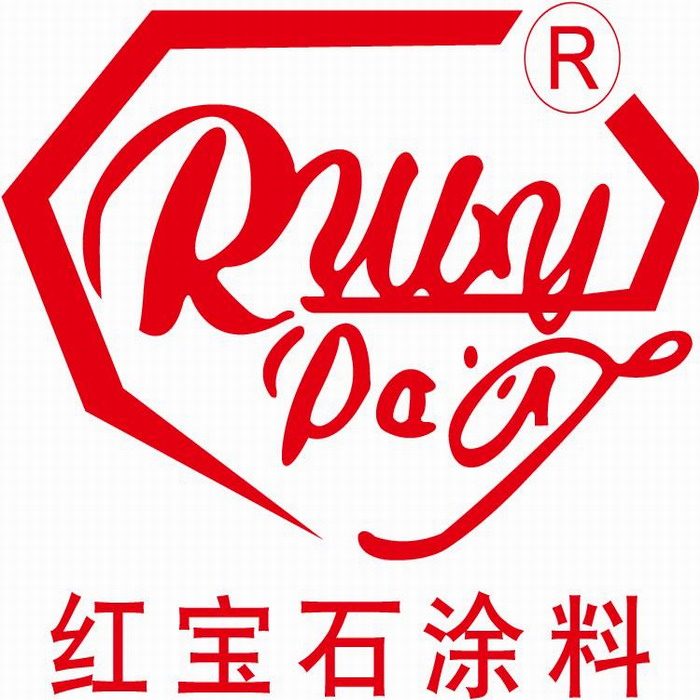Table of Contents
تأثير الصناعة 4.0 على مناهج الهندسة في جامعة سنغافورة الوطنية
لا.
| اسم المقالة | الطلاء الصناعي |
| 1 | لتلبية هذه الاحتياجات، قدمت جامعة سنغافورة الوطنية وحدات ودورات متخصصة تركز على الجوانب الأساسية للصناعة 4.0. على سبيل المثال، توفر الدورات التدريبية حول تحليلات البيانات والتعلم الآلي للطلاب المهارات اللازمة للتعامل مع مجموعات كبيرة من البيانات واستخلاص رؤى ذات معنى، والتي تعتبر حاسمة في تحسين عمليات التصنيع وتحسين جودة المنتج. بالإضافة إلى ذلك، تضمن وحدات الأمن السيبراني أن مهندسي المستقبل يمكنهم حماية الأنظمة الصناعية المعقدة ضد التهديدات السيبرانية المحتملة، وهو مصدر قلق متزايد الأهمية في عالم متصل رقميًا. |
الرقم

| اسم المقالة | طلاء الفلوراكربون |
| 1 | فرص التعاون بين جامعة سنغافورة الوطنية وقادة الصناعة في عصر الصناعة 4.0 |
Moreover, NUS has emphasized the importance of interdisciplinary learning, encouraging students to engage in projects that require collaboration across different fields of engineering. This approach not only mirrors the interconnected nature of Industry 4.0 technologies but also prepares students to solve complex real-world problems that span multiple domains. By working on hands-on projects that simulate actual industrial challenges, students gain practical experience and learn to apply theoretical knowledge in tangible settings.
The university has also fostered partnerships with leading industry players to keep the curriculum aligned with the latest technological advancements and industry needs. These collaborations offer students opportunities for internships and exposure to real-world applications of Industry 4.0 technologies. Such experiences are invaluable, as they provide insights into the practical challenges and expectations of the modern industrial landscape, ensuring that NUS graduates are not only knowledgeable but also industry-ready.
Furthermore, NUS has invested in state-of-the-art facilities and laboratories equipped with the latest technologies to support advanced research and development in Industry 4.0-related areas. These facilities provide a platform for both students and faculty to innovate and develop new solutions that could potentially revolutionize various sectors.
In conclusion, the impact of Industry 4.0 on the engineering curriculum at the National University of Singapore has been significant and multifaceted. By integrating cutting-edge technologies and emphasizing interdisciplinary and practical learning, NUS is preparing its engineering students to thrive in a rapidly evolving industrial environment. The university’s proactive approach ensures that its graduates are not only capable of adapting to changes but are also equipped to lead the transformation in their respective fields, driving progress and innovation in the era of Industry 4.0.
Collaboration Opportunities Between NUS And Industry Leaders In The Era Of Industry 4.0
Industry 4.0, also known as the Fourth Industrial Revolution, is transforming the way industries operate by integrating advanced technologies such as the Internet of Things (IoT), artificial intelligence (AI), robotics, and big data analytics. As industries evolve to embrace these innovations, collaboration between academia and industry leaders becomes crucial to drive research, development, and practical implementation of Industry 4.0 solutions. The National University of Singapore (NUS) is at the forefront of this collaborative effort, working hand-in-hand with industry giants to shape the future of various sectors.
NUS has established itself as a hub for cutting-edge research and innovation, making it an ideal partner for industry leaders looking to leverage academic expertise in their Industry 4.0 initiatives. By collaborating with NUS, companies gain access to a pool of talented researchers and state-of-the-art facilities that can help accelerate the development of new technologies and solutions. These partnerships are not only beneficial for the companies involved but also provide valuable real-world experience for NUS students and faculty, preparing them to meet the challenges of the modern industrial landscape.
One of the key areas of collaboration between NUS and industry leaders is in the field of AI and machine learning. These technologies are critical components of Industry 4.0, enabling smarter, more efficient manufacturing processes and data-driven decision-making. NUS has been working closely with multinational corporations to develop AI algorithms that can optimize production lines, reduce waste, and improve product quality. These collaborative projects not only push the boundaries of what is possible with AI but also contribute to the overall competitiveness of the industries involved.
Another significant area of cooperation is in the realm of IoT. The integration of IoT devices in industrial settings allows for real-time monitoring and control of various processes, leading to increased productivity and reduced downtime. NUS has partnered with leading technology firms to explore innovative IoT applications, such as predictive maintenance and supply chain optimization. These initiatives help companies stay ahead of the curve by adopting cutting-edge technologies that enhance their operational efficiency.
Big data analytics is also a focal point of collaboration between NUS and industry leaders. In the age of Industry 4.0, the ability to analyze vast amounts of data quickly and accurately is a key competitive advantage. NUS researchers are working alongside companies to develop advanced analytics tools that can extract actionable insights from complex datasets. These tools enable businesses to make informed decisions, streamline their operations, and better understand customer needs.
Robotics is yet another area where NUS is making significant contributions in partnership with industry leaders. The university’s expertise in robotics engineering is helping companies automate repetitive tasks, improve precision in manufacturing, and enhance workplace safety. These collaborative efforts not only lead to technological advancements but also foster the development of new industry standards and best practices.
In conclusion, the collaboration between NUS and industry leaders in the era of Industry 4.0 is creating a synergistic environment where academic knowledge meets industrial application. These partnerships are instrumental in driving innovation, improving competitiveness, and preparing the workforce for the challenges of the future. As Industry 4.0 continues to evolve, the collaboration between NUS and industry giants will undoubtedly play a pivotal role in shaping the industrial landscape of tomorrow.




